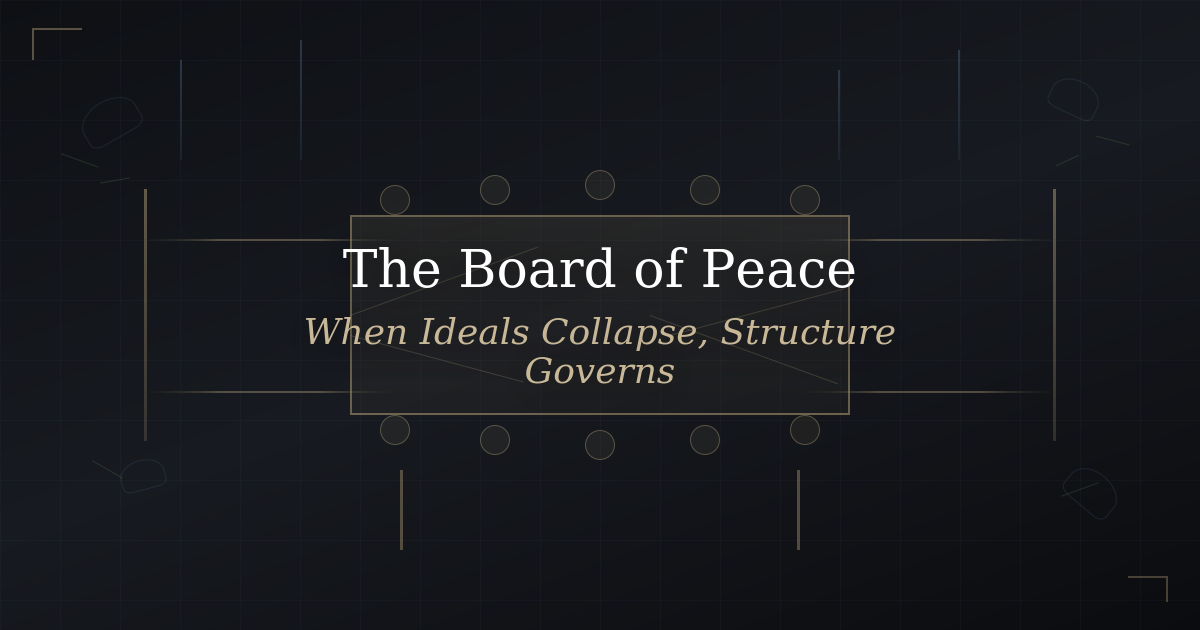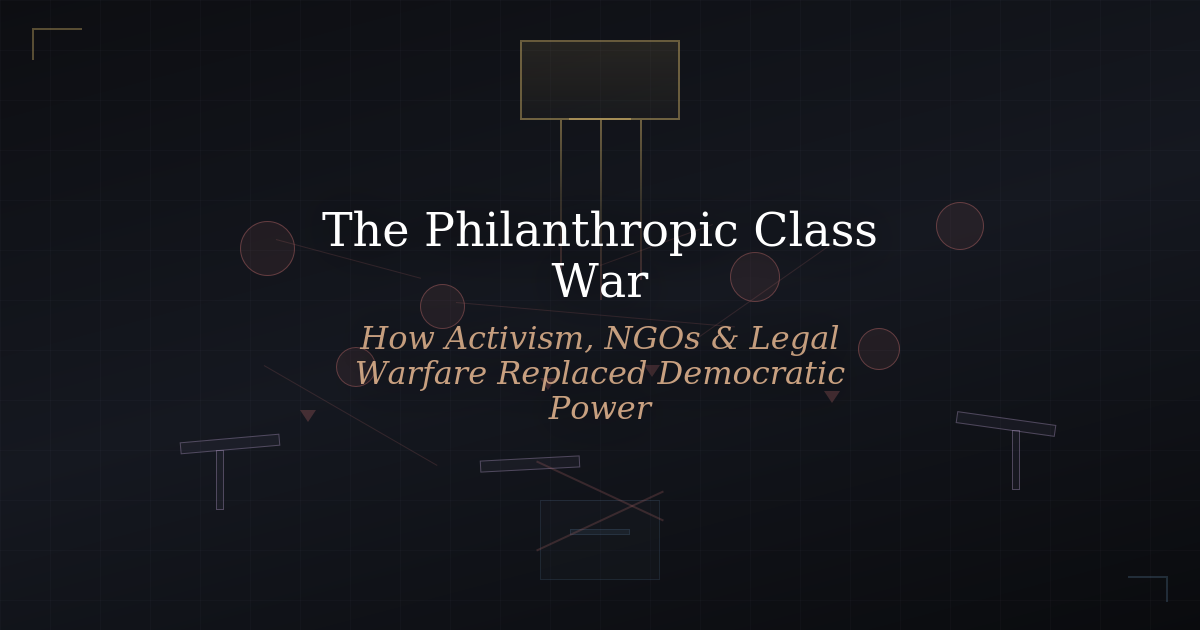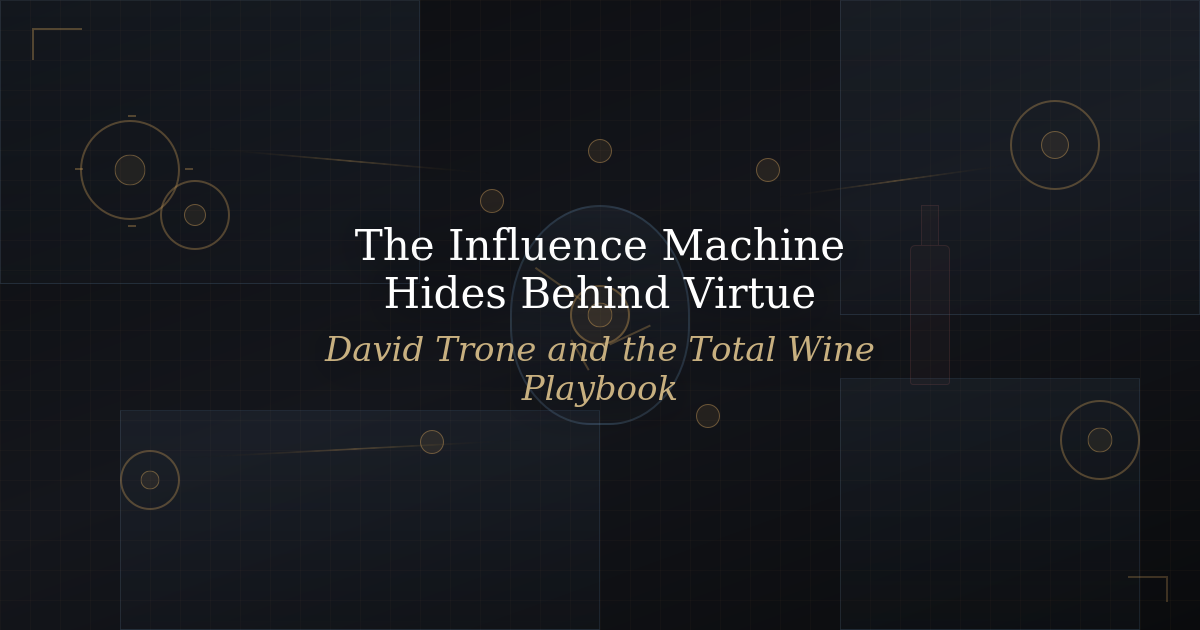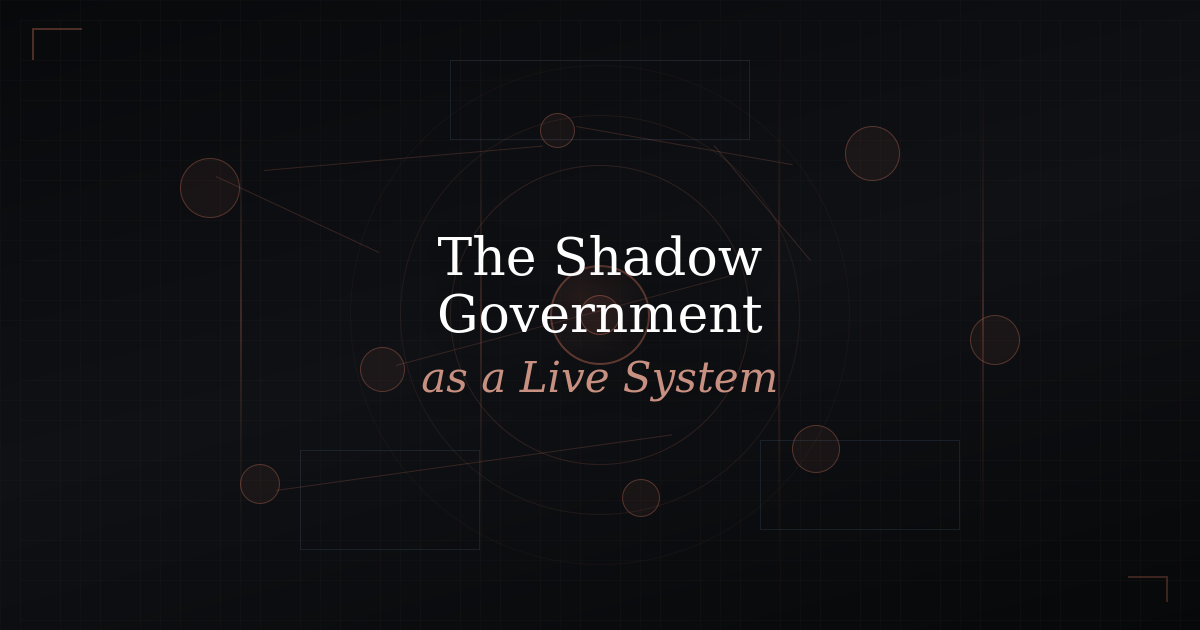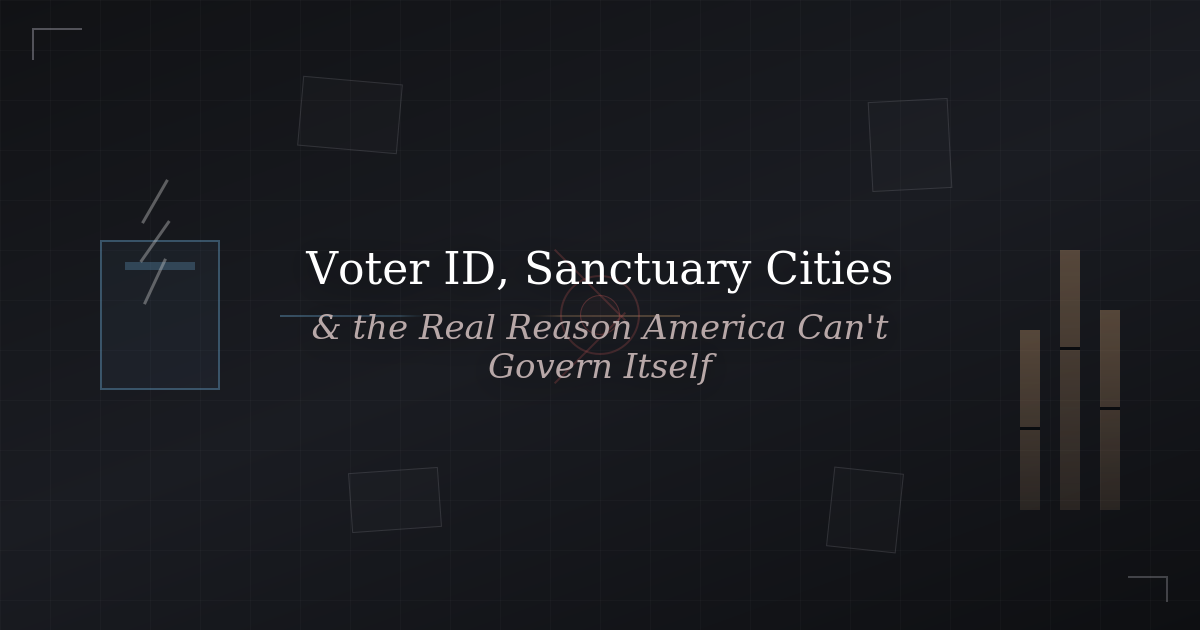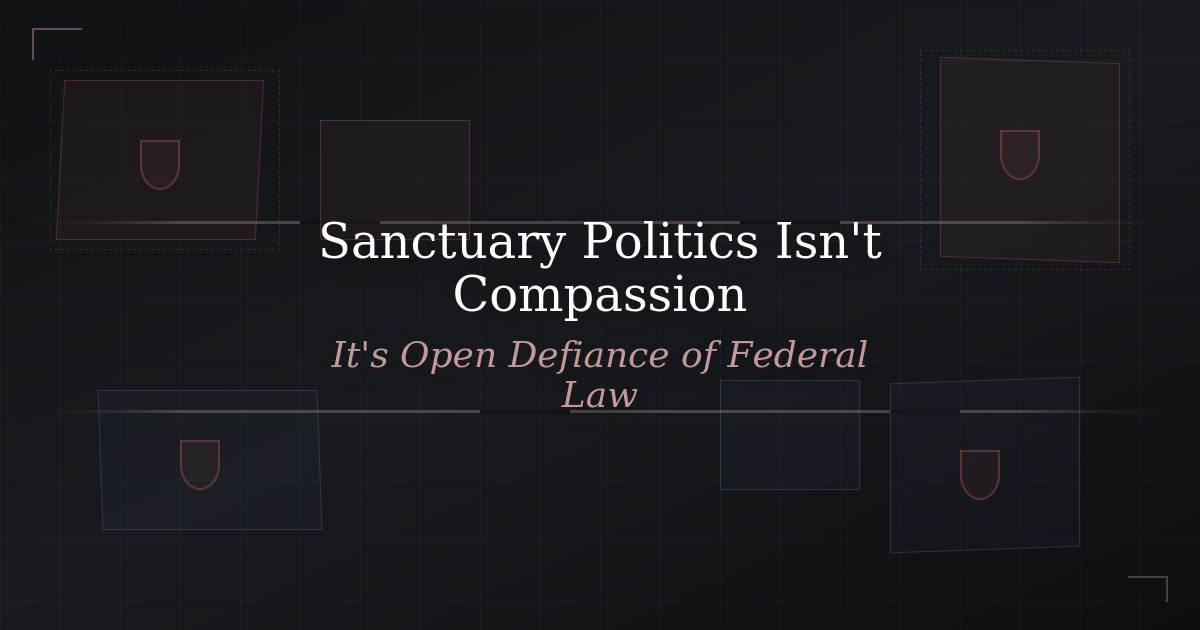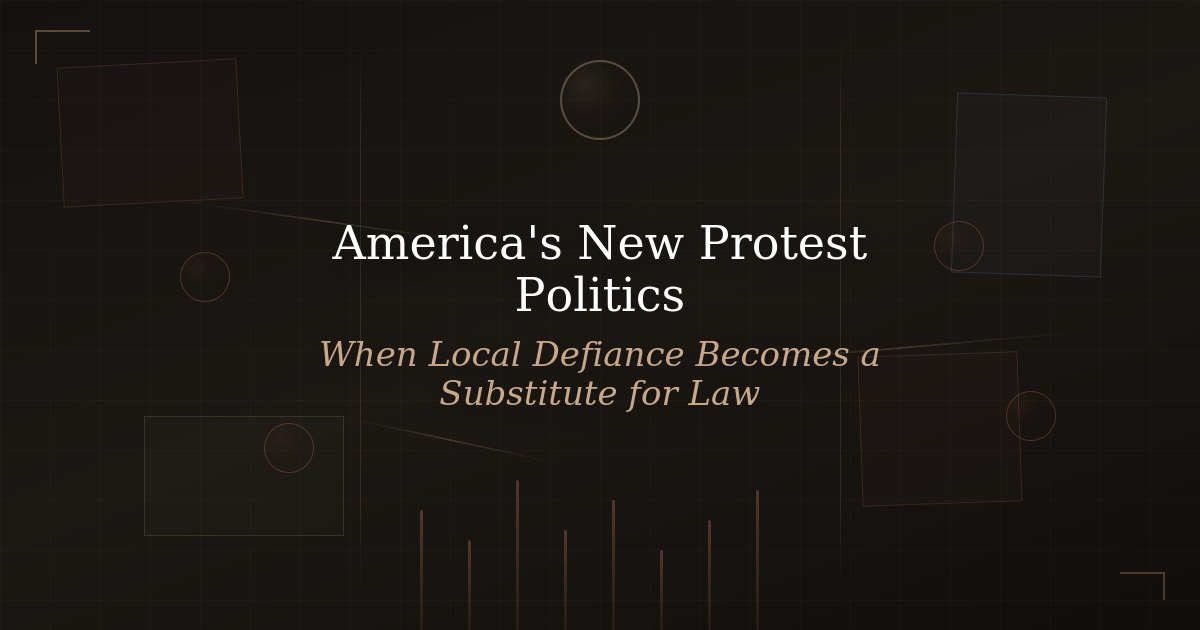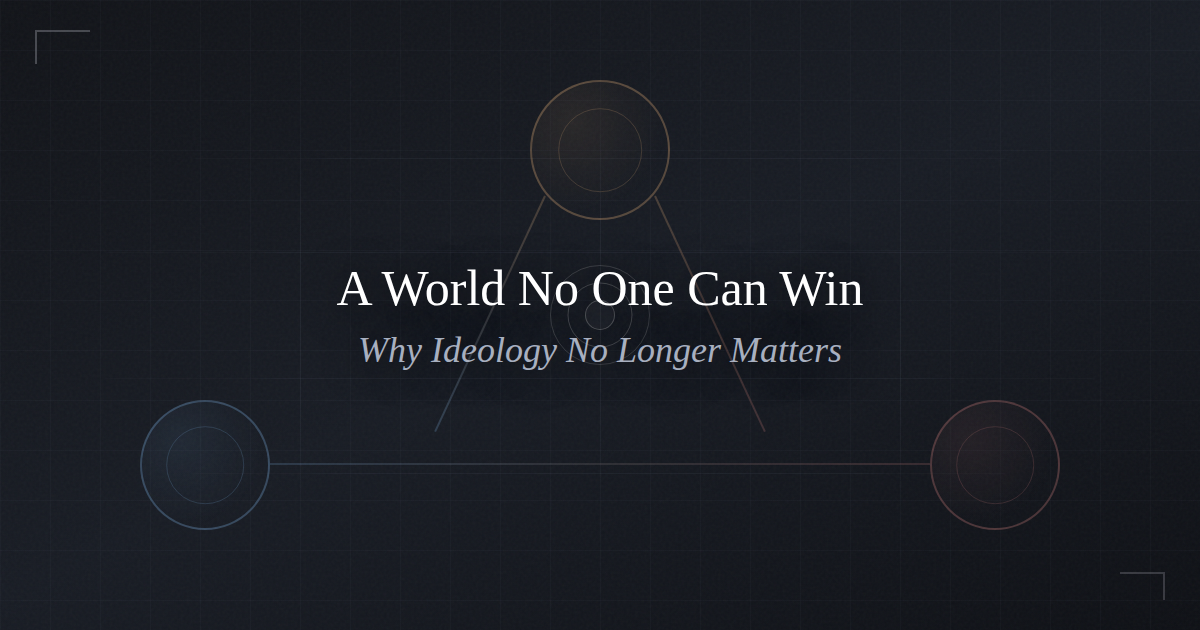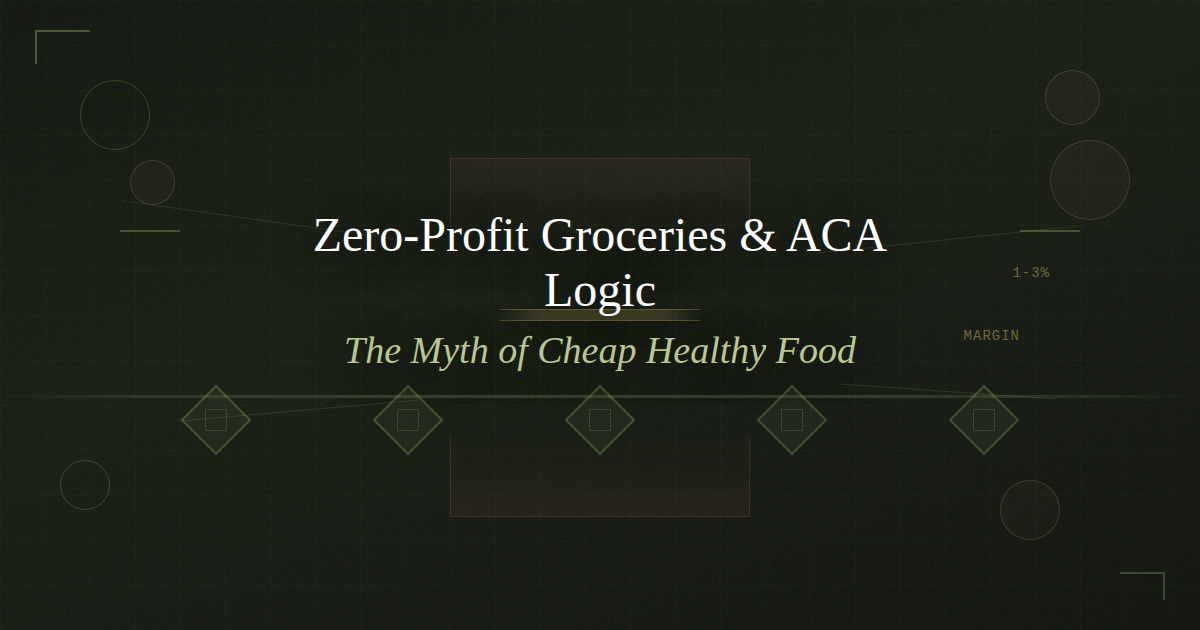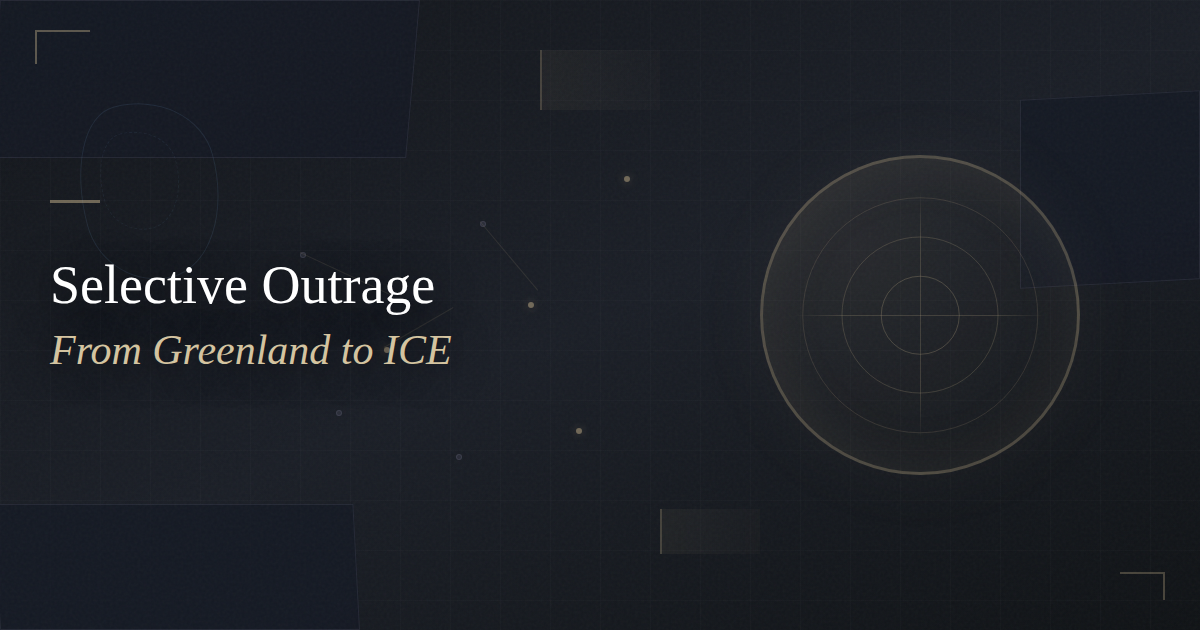US Politics | November, 2024 #2
Red Shift: The Aftermath of the 2024 Election and America’s Changing Landscape
And then, it was all red and silent for a minute. The Electoral College count stood at 312 to 226, with 76 million popular votes to 73 million. A US map showed a few scattered blue ink spots . This is the People’s Republic of the United States—a democracy resilient enough to withstand the test of time, reminding us of its core values when needed. And the best part? Message and connection triumphed over money and glamour.
The billion-dollar bubble surrounding Kamala Harris (try explaining that to a McDonald’s worker) after the “working-class Joe” had left, was nothing more than a showcase of elitism, woke ideology, and disdain for democracy . Substance was never part of the agenda. There was a propagandistic move to the “middle,” though progressive actions weren’t denied. Most of the campaign consisted of staying hidden, with occasional public appearances among like-minded supporters. It was a clear demonstration of democracy versus ideology. Whether you love or hate Trump, he single-handedly, without deterrence, led his team to victory—much like Michael Jordan did in his prime. Alongside him came a Republican-controlled Senate and House, completing the trifecta. If you want to see the numbers spent (and wasted), here’s an overview . The sheer amount of money tossed around is almost sickening.
Liberal pundits initially labeled the 76 million Trump voters as fascists and Nazis, but they soon realized the gravity of what had occurred. After a few days of internal disputes, it became clear that the Democratic Party was scattered like dirt after an explosion , with no one left to blame but themselves—or maybe the mirror. Snow White may even return in her original dress.
Without psychologists preparing them for election losses, what would the “snowflakes” do? Perhaps one reason Kamala lost is that 76 million people did not see Trump as Hitler, while many believed Biden had brought us closer to nuclear war than Trump ever had. It’s called peace through strength.
Maybe it’s time colleges prepared people for real life—learning to win and lose—rather than following “The View” standards . Hopefully, Canada and other countries are prepared for the Hollywood elite who might now seek asylum or refugee status . Michael Moore, who once predicted Trump’s loss, now finds himself, metaphorically, at a “toaster” in northern Michigan, steps from the Canadian border. The rhetoric from the left, however, often lacks taste. The Trump administration, for all its controversies, never publicly spoke against anyone but political opponents. So, why does the left stir its own supporters into desperation with yet another hate doctrine? Trump’s message has always been that the help people need belongs to the people—not paid administrators with an agenda.
Let’s conclude that the Democrats’ hypocritical care for the average American has simply worn out. Racism, woke ideology, and elitism are now a minority stance, and the liberal media has lost all but the hard-core haters—probably as few as the members of the U.S. Communist Party.
Nielsen Media Research revealed that on November 5, an estimated 42.3 million people watched the election across 18 networks. This marked a 25% drop from 2020’s 56.9 million viewers and a staggering 41% decline from 2016’s 71.4 million viewers.
These numbers highlight the diminishing influence of mainstream media, a decline driven by reduced public trust and a growing preference for digital platforms over traditional media.
Throughout the campaign, both Donald Trump and Kamala Harris largely avoided the mainstream media. Harris became the first presidential candidate to bypass an interview with Time magazine, while Trump used podcasters and social media platforms to amplify his campaign messaging.
Some side effects of the election results include criticism of spending priorities like the Clean Energy Act . Meanwhile, a North Carolina Democrat suggested copying the British political tradition by creating a Shadow Cabinet . (George Washington would have fallen off his horse at the suggestion!) Would Kamala Harris or Joe Biden be expected to “shadow” Trump? Interestingly, the person proposing this idea, a loyalist of Al Gore and Obama, has relocated to North Carolina after being deemed too moderate for California Democrats. It makes one wonder if law school teaches “ambulance chasers” how to play politics too.
Nickel, who ran for Congress in North Carolina’s newly drawn 13th Congressional District , claimed to be moderate despite a left-wing voting record, according to local analysis. He managed to secure the Democratic nomination.
Bill Maher, love him or hate him, spoke his mind after the election, urging Democrats to “look in the mirror.” One wonders if Nancy Pelosi has one—and whether she recognizes herself in it. Perhaps her political missteps reflect the same symptoms as Joe Biden’s gaffes.
And then there is Jen O’Malley Dillon ,
a Biden-appointed Kamala Harris campaign manager. Perhaps we should thank her for Trump’s election victory, as her poorly orchestrated campaign played no small part—or maybe it was just a bad actor in a bad script?
This year, while some states experienced smooth elections, others—like Arizona, Nevada, and Pennsylvania—again faced disputes. In Pennsylvania, for instance, the controversy wasn’t about the presidency but the Senate election . Why is it still impossible to establish clear rules that avoid lengthy recounts? Instead of declaring results after 24 hours, disputes drag on for weeks as “new ballots” are found. It may not be outright cheating, but it certainly feels like a system that rewards inconsistencies.
Now that it’s over, we move forward. Expect Trump’s second term to be different. This time, he won’t rely on sycophants from opposing parties, nor the military-industrial complex. He will take direct control, leaving the press to “eat crumbs” rather than influence policy. His Cabinet picks will reflect his vision: smart, accomplished individuals who prioritize voters’ interests over political labels. Business leaders and proven politicians will make up his team—not career political actors like Schumer, Pelosi, or McConnell. Full Cabinet portraits will follow in the next edition.
What will the international impact be? Perhaps “peace through strength” will regain its original meaning: dealing with reality while keeping weapons as a last resort. Dialogue will return, and the U.S. may shift from being a hegemon to a partner in global peace efforts.
Relations with Europe may remain tense, as the EU takes a backseat to individual nations. NATO could evolve into a peacekeeping alliance with more balanced contributions from its members. Leaders who joined the global chorus of Trump criticism may now have to reassess their stances. In a surprising move, Olaf Scholz and Trump have both called Vladimir Putin after years of silence. This signals a shift toward diplomacy and conflict resolution.
War mongers who feared a loss of U.S. influence may see a reversal of their expectations. Recognizing diversity while fostering cooperation could increase global influence and loyalty, signaling a new chapter in American leadership. France’s interpretation of Trump’s policies may soon require revision. China’s role in this evolving puzzle will be explored further in the geopolitical edition of November 2.
The final act of U.S. aggression under the previous administration came with the authorization of long-range missiles for Ukraine . While Trump advocates for peace, this decision pushed the U.S. closer to another Afghanistan-like quagmire—this time with the risk of nuclear escalation. U.S. troops actively guiding missiles in Ukraine represents a dangerous precedent. Could North Korean troops in Russia justify a declaration of war against Korea? Such reckless moves risk global stability under a president perceived as vengeful and short-sighted.
Perhaps, as Trump’s message resonates, more people will awaken to the potential for unity and practical governance. Even the Frankfurter Allgemeine Zeitung , a liberal paper, acknowledges that Trump is not as unpredictable as critics claim.
FAZ: "Trump is not so unpredictable"
According to the FAZ , Trump avoids military conflicts and shifts the financial burden to other countries. NATO strategy may shift, limiting guarantees to nations meeting defense spending targets. For Europe, this signals a need to step up militarily. Meanwhile, Trump’s approach to the Ukraine conflict could involve a ceasefire and a demilitarized zone monitored by European forces, though its feasibility remains uncertain.
As Europe grapples with its next steps, it must decide whether to strengthen defenses or pursue rapprochement with Russia.

